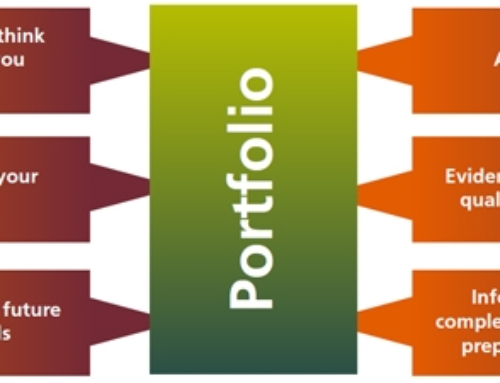Article by: J.T. O’Donnell
Now, I’m going to show you what happens when your career story is bad. Not sure if yours is good? There’s an easy way to check. The number one sign your career story is lacking is if it’s missing key elements — especially, the happy ending.
Here’s an example…
Meet Mike: “Poor Me, I Got Fired By an Evil Boss”
I recently worked with Mike. He had been at a company for 10 years. In the last six months, a new manager took over. Mike says within weeks he knew he was “pegged” as someone the new manager wanted to make an example of. Mike said he tried everything to make the new manager happy, but that each time he tried, it only seemed to make her more angry. He said all of his colleagues saw it too and felt bad for him, but nobody would help him fight back. Finally, he was put on performance review. Within a week, he had made a mistake, and was let go. He was out of a job with no reference from a place he had worked at decade.
This was Mike’s comment to me:
I said: When I explained to Mike the above, he was shocked, and frankly, really defensive. But, when I shared with him what he would need to say in order to get employers to consider him for a job, he got the message. It went something like this: “My last job was a powerful experience. I had 9.5 excellent years there. I got promoted three times. I learned so much from my employer and have many good colleagues that still work there. Unfortunately, in the last six months in the job, we had a change in leadership. It was clear the manager and I weren’t on the same page, but given how long I had worked there, I thought I could get things back on track. I tried to improve our working relationship, but I seemed to only make things worse. Looking back, I think there are definitely things I could have done differently. However, it finally came to point that the new manager felt my performance didn’t match what she needed. I was terminated.” And then, I made sure Mike added this (the happy ending): “Let me tell you, that is so hard to say. I won’t lie, getting let go from a place I worked at for a decade was really tough. But, it taught me a lot too. And now, I just want to take what I learned, along with the experience I gained, and apply it someplace new. That’s why I’m excited about your organization. I can see myself being really successful here.” By telling a more balanced story with an optimistic finish, Mike sounded more credible. Most importantly, when he ended it with a positive spin, he proved he knew how to create his own “happy ending” to his career story. Mike and I practiced this for a month. He needed time to process his emotions and really allow himself to come to terms with the situation so he could deliver a more objective career story. He had to find a way to say this on his own terms. Eventually, he was ready to answer the dreaded, “Why did you leave your last job question?” in an upcoming interview. Not surprisingly, when the question arose in the phone screen, Mike was actually eager to answer it. He wanted to share his new story. It worked. Mike got the second interview, then the job … and that was the true happy ending for both of us. Article by: J.T. O’Donnell. If you want to learn a bit more about her work, she is the founder of the free advice site, CAREEREALISM and the creator of this Job Search Accelerator Program (JSAP). She also head up the professional branding resource for executives, C-Suite Insider.Here’s what’s wrong with Mike’s story:
Are you ready for that interview?
Solution: Present a More Objective Account of Events
What Happened to Mike?















